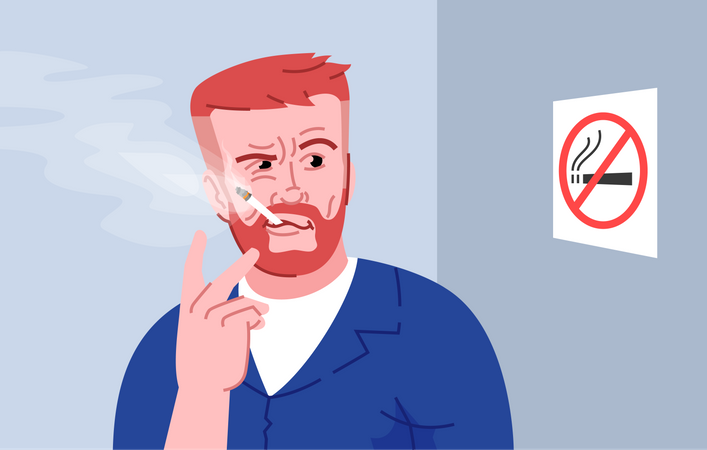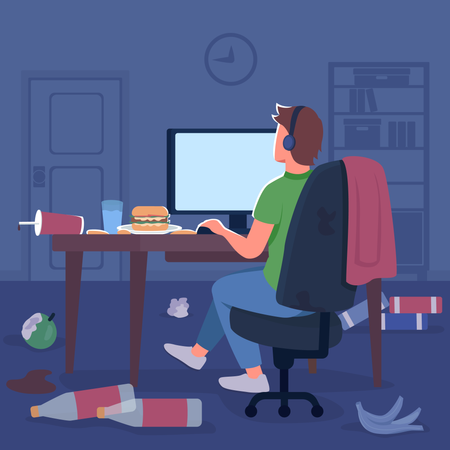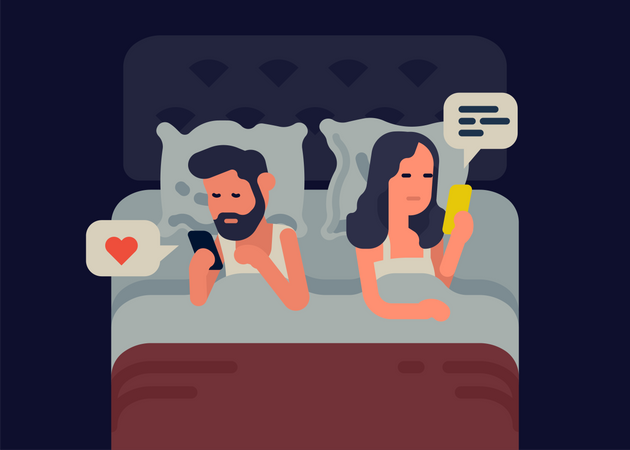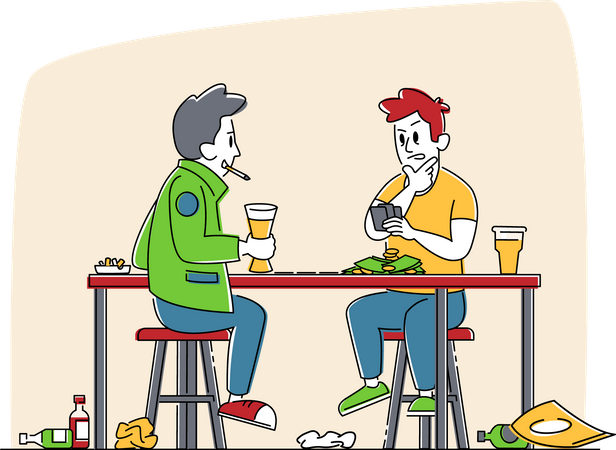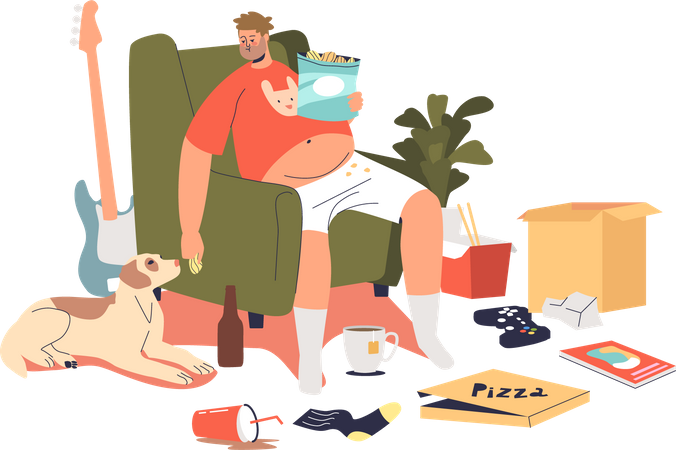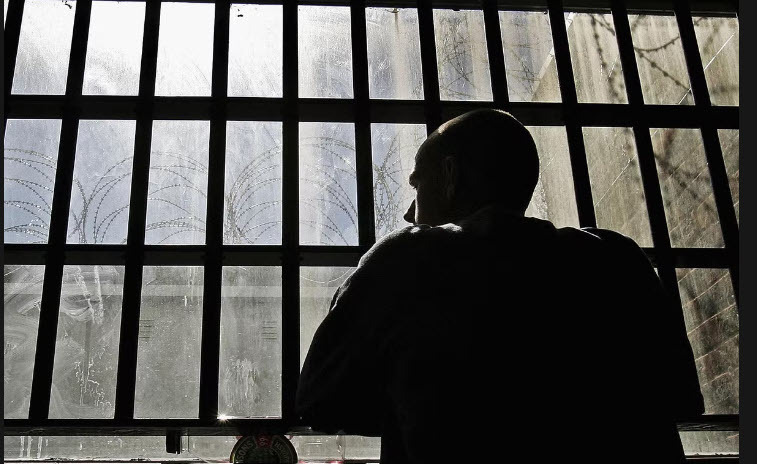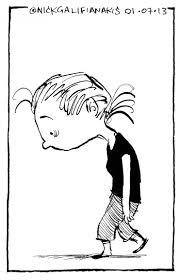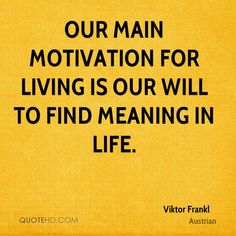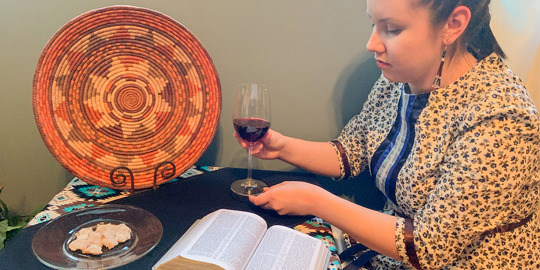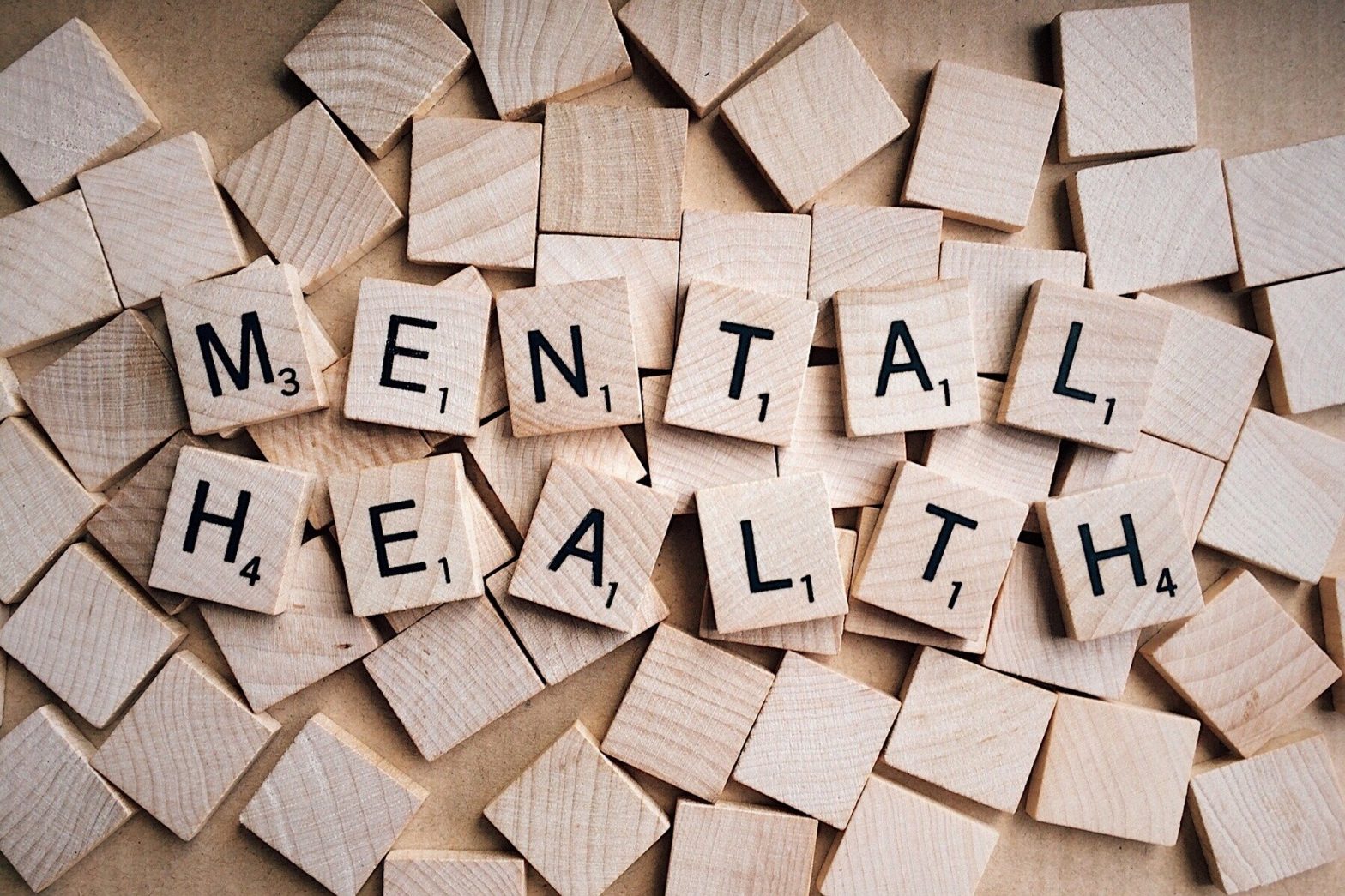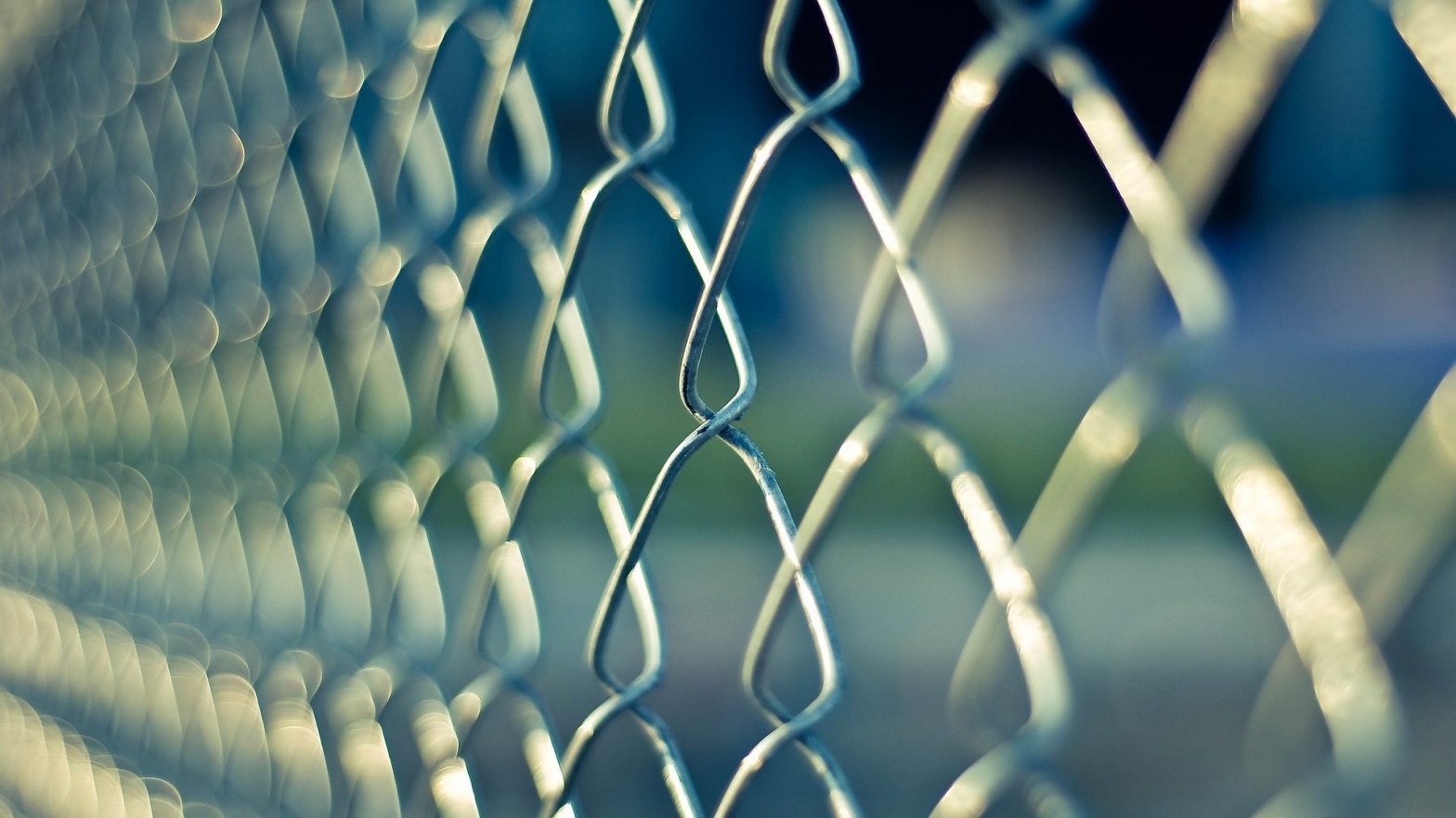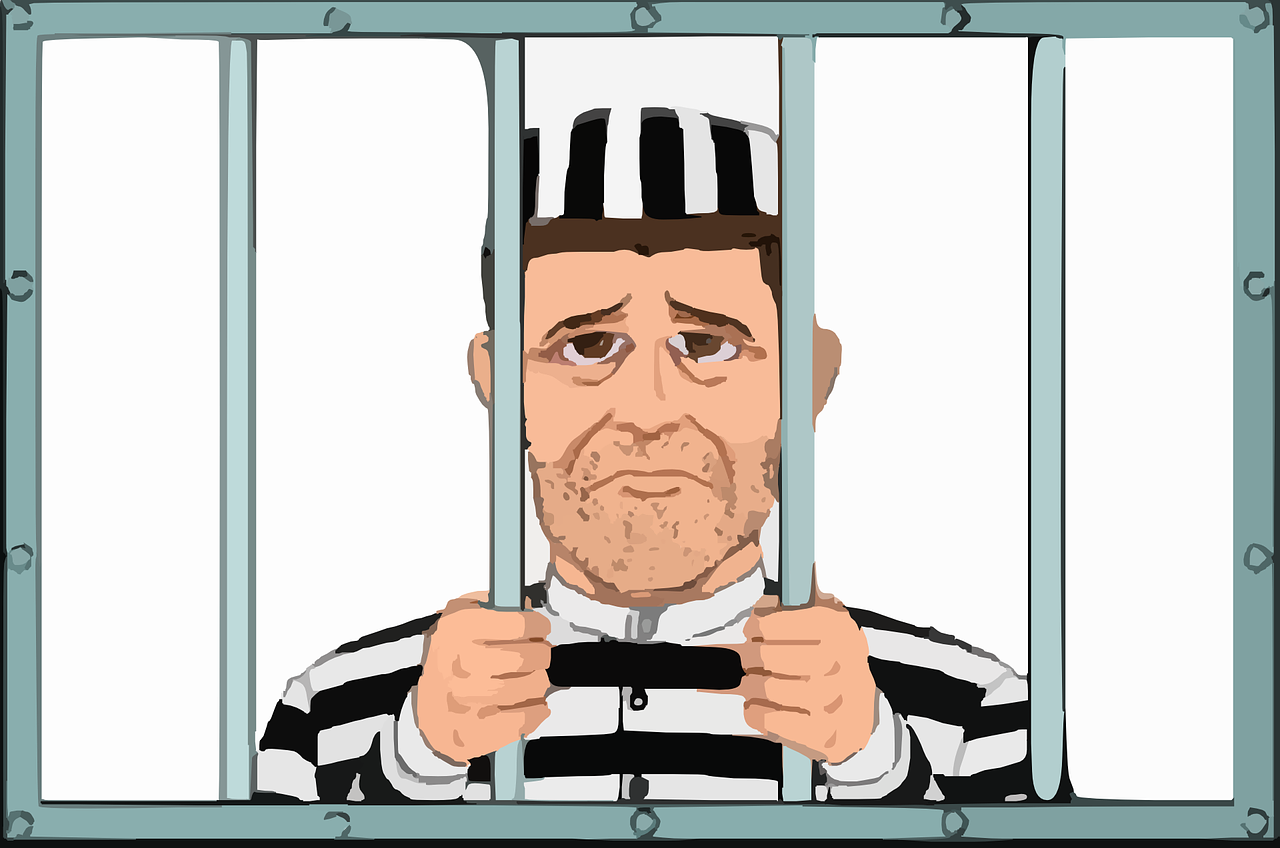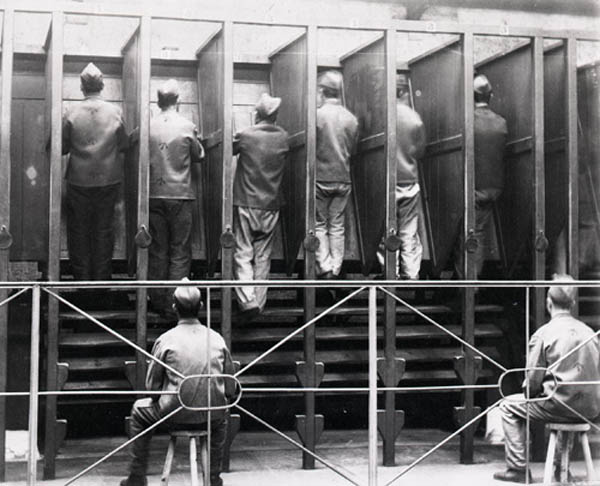When the ex-Wimbledon tennis champion Boris Becker found himself in an English prison for tax evasion, he was asked to teach Stoicism to other inmates despite what he considered his bad English. Whether he did or not I don’t know, but it reminded me how simple and helpful Stoic ideas can be for people in our situation.
Stoicism is an ancient philosophy dating back to the ancient Greeks, founded by Zeno of Citium around 300 BC. Its most famous proponents are the later Epictetus (a Greek slave), Seneca and the good Roman Emperor Marcus Aurelius. Some of their teachings are as practical and relevant today as they were back then, particularly for those suffering physical and mental hardship. Other Stoic teachings are weird and hopelessly outdated for the modern scientific age but we can safely ignore them.
Our modern world is characterized by what I would call ‘social media-driven psychotic narcissistic materialism’ where many people have turned themselves into commodities with a ‘net worth’ of X $. Stoicism provides an antidote, focusing on resilience, modesty, humility, compassion, empathy, generosity and loving kindness, qualities sadly lacking in society today. There are many parallels with Buddhist teachings. Most of all, Stoicism is about self improvement, becoming the cliché of ‘the best version of yourself’. If you can emerge from the clink a better person than before you entered, it would not only be bucking the trend but a remarkable achievement.
I will concentrate on seven of the many important stoic lessons which can and will help us survive prison life if we take them to heart and practice them.
1. Outside events are not what disturb us
This is the key idea of Stoicism. It is hopeless trying to control what happens to us, particularly when we have so little power to influence anything. Instead, we should accept what befalls us with calmness and equanimity, acknowledging that our peace of mind is what counts more than anything else. Bad words and adverse events in themselves are not the cause of pain, but our reactions to them are what brings us misery.
Let’s take the common situation in the calaboose where either a kanga (guard) or a fellow crim starts howling at you for no particular reason. The natural thing to do is become jittery, defensive, angry, and answer back. Instead, try responding with silence and a totally blank expression. It is not a sign of weakness but of strategic strength. You do not need to say anything in such situations. Doing so is only likely to make things worse.
Incidentally, two useful silent strategies I have developed for dealing with insults or false accusations is to open my mouth very slightly while maintaining a blank expression. Or tilt my head slightly to the side. If you need to look at the aggressor, don’t look at them in the eyes but at their eyebrows!
2. Self-love
When you enter the calaboose, irregardless of what you did or didn’t do to get there, you will feel like a piece of dung if not worse. This is normal.
It is often said that you need to love yourself before you can love anyone else. Whether this is true or not, self love has to begin with acceptance of all your weaknesses and vulnerabilities. This means facing your demons and being totally honest with yourself. Has your whole life up to now been an act, putting on a mask to seek approval with your peers and the outside world? It is never too late to change your mindset and behavior patterns but requires courage.
3. Silence is golden
I personally hate that song but the veracity of the title cannot be denied. How many times have we said something reckless and regretted saying it in the first place. The same with sending a careless email which cannot be retracted and may have lasting consequences.
Western cultures have a weak tolerance of silence. It may be seen as a sign of weakness, ignorance, even impudence. Most Asian cultures are far more tolerant of it and see it as restful and time for reflection. When someone asks you an awkward question, do you really need to blurt out the first thing that comes into your head?
Seneca said something like “I have one mouth but two ears”, stressing the importance of listening. When you listen you learn and remember. The number of times I have noticed changes and discrepancies in crims’ narratives is embarrassing. I never call them out on it. That would achieve nothing.
Do we really need to talk to crims we don’t like, who exude negativity and upset our equilibrium? Is there any benefit in idle complaints about our conditions and indulging in meaningless prattle? How likely are our opinions about anything to change anybody’s mind? Silence in these situations is a virtue. It is not a sign of weakness or cowardice. Unintentionally, it gives us an enigma. Still waters run deep.
Being silent does not mean saying nothing at all. A smile and a greeting is enough to stay on good terms with most people, particularly when there is a language barrier.
4. Choose your friends carefully
This stoic idea goes back to Plato. Our relationships with other people are what mould us, and should be treated with importance and caution.
As captives in a foreign jail, it is natural to be drawn towards comradeship with other westerners. Caution should be exercised. Just because someone comes from the same culture does not make them instant soulmates. The stoic way is to be polite but distant. Observe their interactions with others. Is this really somebody you want to open up to?
The same criteria should be used when evaluating your relationships with friends outside, if you still have any left since your arrest. In this age of mass surveillance, many so-called friends will unfortunately believe that communicating with you may make them an accessory in whatever you are alleged to have done. People change and circumstances change because the nature of this world is impermanent. Try asking yourself the following questions :
– do they empathize with our situation at present?
– do they make an effort to keep in contact?
– do our values still align with theirs concerning life in general?
– are they prepared to support us emotionally, or even with a small one-off financial payment?
– does our correspondence with them uplift us or leave us feeling drained?
– do you give a lot more than you receive?
My list of friends has gone down from six to three. I bear the ones I canned no enmity and surprisingly feel no loss, even though I have known most of them for years. Of course, everybody has their faults which we can often ignore. However, when a friend’s actions or lack of actions cause us continued discomfort, it may be time to re-evaluate. In any case, making your happiness dependent on a particular person is not good, because they can be taken away from us at any moment.
5. The present is all we have
Our mind is very powerful and can achieve wonderful things in the realm of creativity. However, its ruminations and overthinking can cause us unparalleled distress. A thought is a thought and nothing more. It does not necessarily represent reality. The past and future do not exist. By finding peace of mind in the present whatever our circumstances, we become stronger and better able to withstand all the quirks of fate that will inevitably come our way.
Many believe that only good things should happen to them. We should not experience failure, financial disaster, disease, loss or imprisonment. Unfortunately, this is denying the very nature of the world where change is relentless and indiscriminate.
The best way to learn to stay in the present is meditation. Our Prisoner’s Abroad quarterly newsletter often gives practical advice on how to meditate. The aim of meditation is not to reach some mystical state of awakening, but to root ourselves firmly in the present moment. Past is gone and future is unknowable. If we can find contentment and peace of mind in the present moment, the rest should fall into place.
There are many different ways to meditate but I will draw from the Zen Buddhism tradition. Without giving too extensive an explanation, it can be done lying on your back. Relax your body as best you can. Tension is often in your shoulders. Then take a deep slow breath through your nose, expanding your stomach as you do so. Count the breaths. In for one, out for two. When you reach ten, start again from one. Your mind will inevitably wander. When it does, recognize it and gently return to counting breaths.
This combination of body relaxation, diaphragm breathing and meditation is also our best tool to overcome anxiety and depression but must be practiced every day. By learning to accept everything that comes your way and stay rooted in the present, you can actually look at your unhelpful thoughts from a distance and not get entangled with them.
6. Practise loving kindness and forgiveness
“How can I forgive him after all the terrible things he did to me,” is a common and valid complaint of victims of abuse. The problem though is that harboring resentment and thoughts of vengeance impact so much on your own peace of mind that you inevitably continue to suffer. Forgiving someone does not mean having to like them. It is a state of balance where you cease to feel hatred because of actions that have already occurred and can never be reversed.
Loving kindness is also an important concept of Buddhism. It can be done through meditation using the same technique I outlined above. Instead of counting breaths, you can visualize all your enemies, in miniature form, drifting upwards towards the clouds with a small heart attached. Watch them as they slowly disappear out of your life.
You can also extend loving kindness to yourself and your loved ones. Visualize them the way you wish them to be.
Striving for self reliance for the sake of your own peace of mind may sound like a selfish pursuit, but puts you in a far better position to help somebody who needs your help than a neurotic nervous wreck.
7. Be thankful for small mercies
I walk 7500 paces most days round the perimeter of the soccer pitch. One rainy day, 15 different crims said hello, many ones I did not even recognize. The effect it had on my mood for the rest of the day was remarkable. Last month, the guy who runs the bakery gave me a free bread roll for no particular reason. Any other comment would be superfluous.
I hope this helps. It has helped me immensely. I also appreciate that Stoism is not everyone’s cup of tea. Some folk need to keep talking, others are happy the way they already are.
I also noticed that my quietness may have impacted on the monsters I share a cage with. Blazing rows between individuals have become far less frequent. I wish you all the best in your stoic journey! It isn’t so difficult.
Eriberto
Colombia

